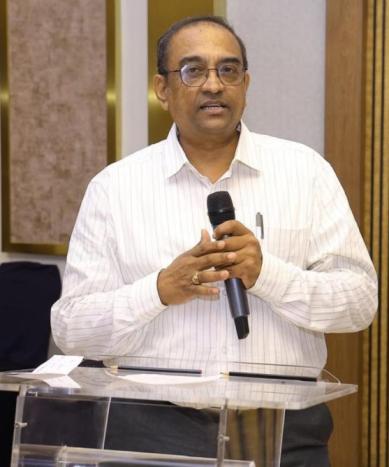Case Law Details
Case Name : Ganges International Private Ltd. Vs Assistant Commissioner of GST & Central Excise (Madras High Court)
Related Assessment Year :
Courts :
All High Courts Madras High Court
Become a Premium member to Download.
If you are already a Premium member, Login here to access.
Sponsored
Ganges International Private Ltd. Vs Assistant Commissioner of GST & Central Excise (Madras High Court)
The Honorable Madras High Court allowed Credit of Service Tax Paid under RCM which could not be availed as Transitional Credit under GST following the Principle of Doctrine of Necessity.
In a very important and path-breaking judgment, on the matter relating to Refund of taxes paid, the Honorable Madras High Court has allowed the Credit of Service Tax Paid under Reverse Charge Mecha
Please become a Premium member. If you are already a Premium member, login here to access the full content.
Sponsored
Kindly Refer to
Privacy Policy &
Complete Terms of Use and Disclaimer.






Nice Article, whether the department accepted the order or filed any appeal.
Many such issues needs decision. This particular issue is waiting for a legal conclusion since the customs duty and CVD were paid on account non fulfilment of Export obligation for Advance authorization where the importers were paid duties but could not avail as credit under the current regime. This will be useful for such registrants
Succinct explanation of the gist of case. Well done.